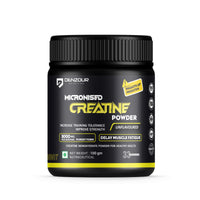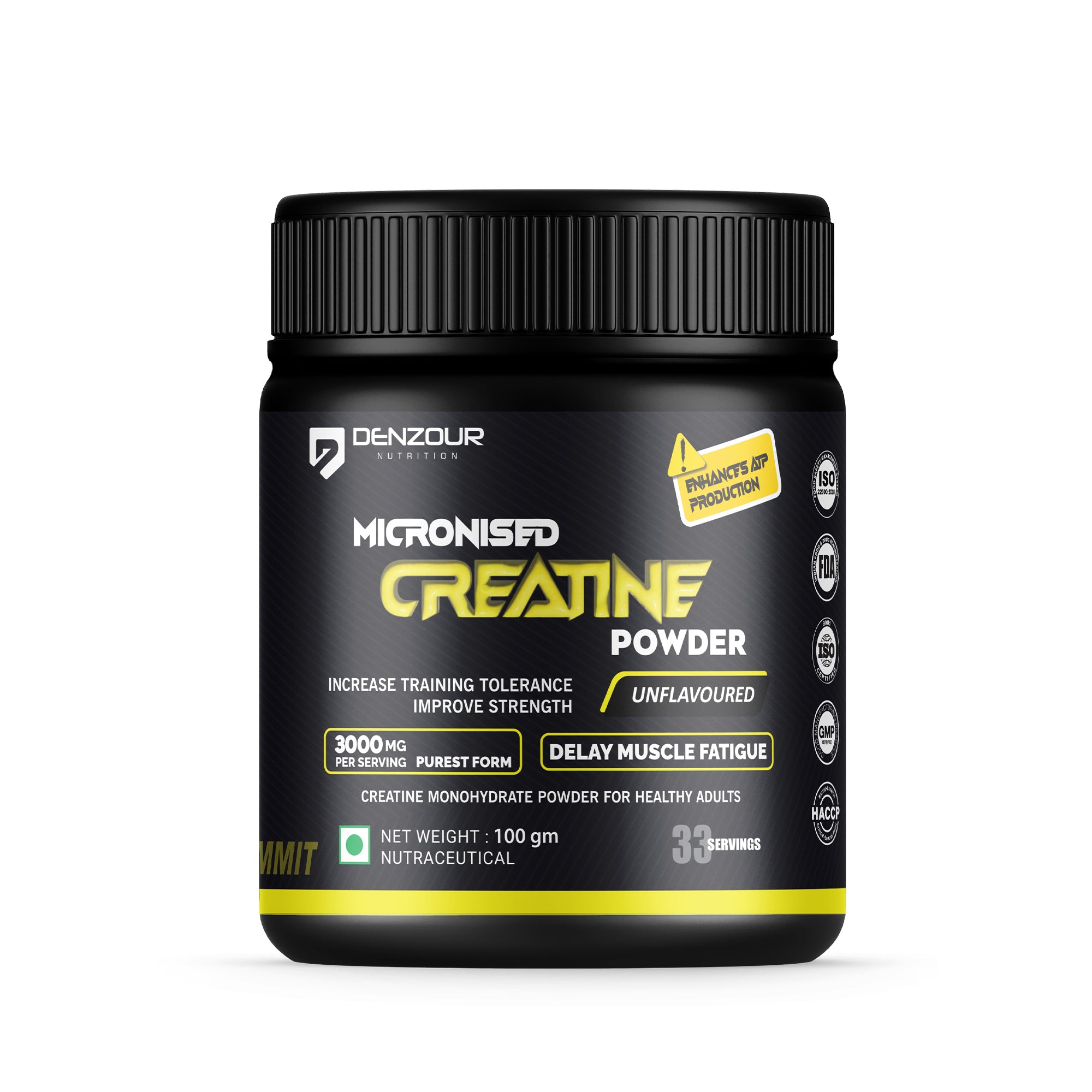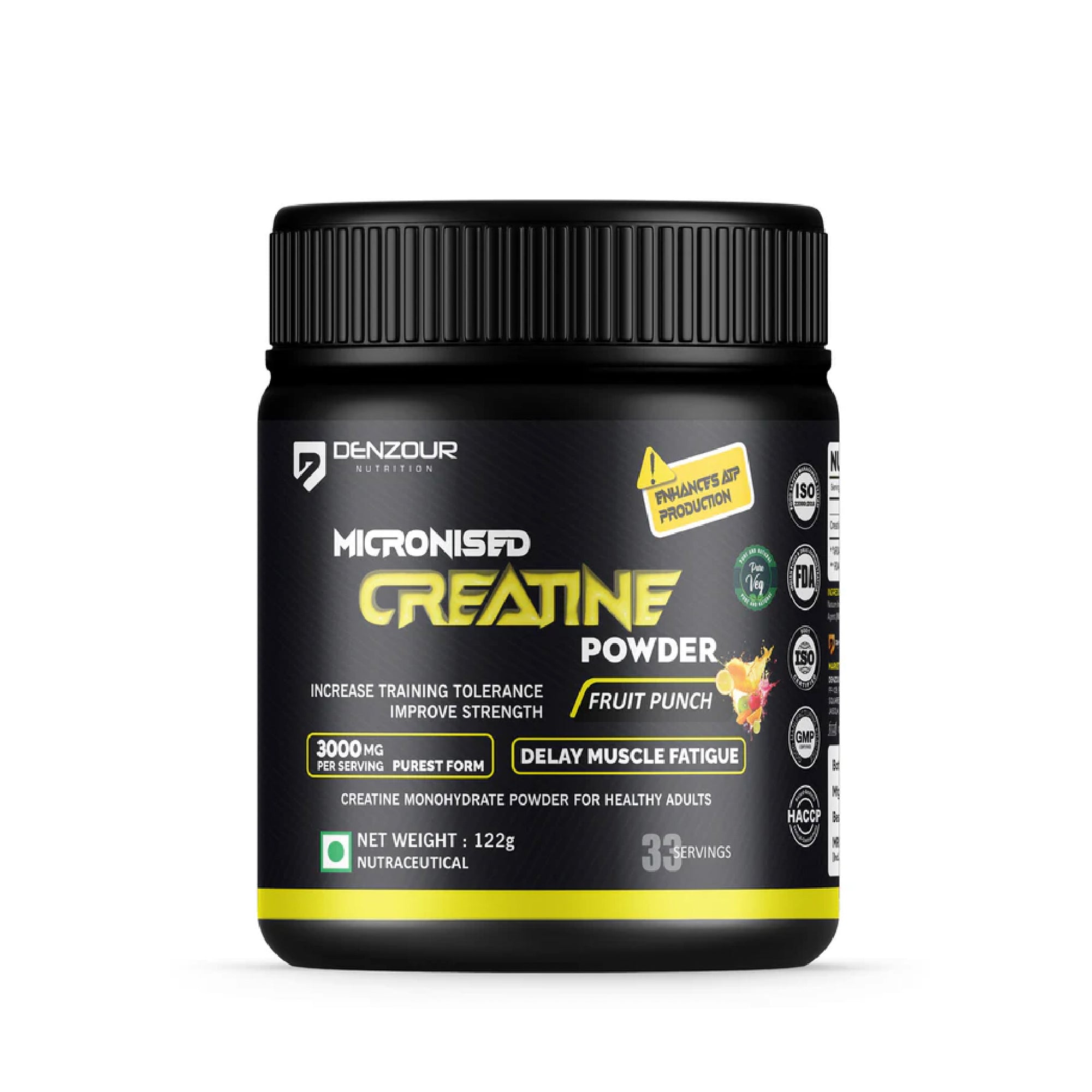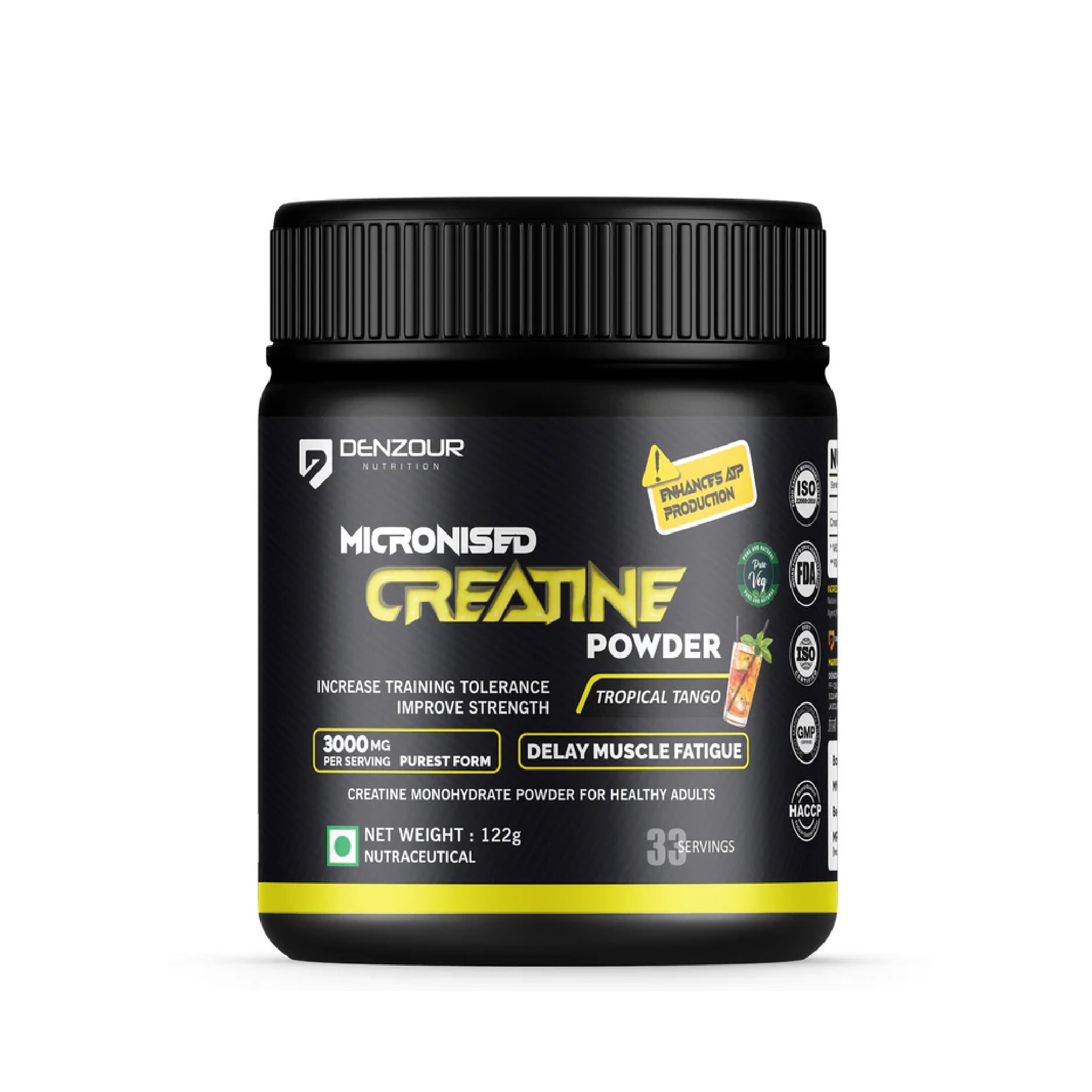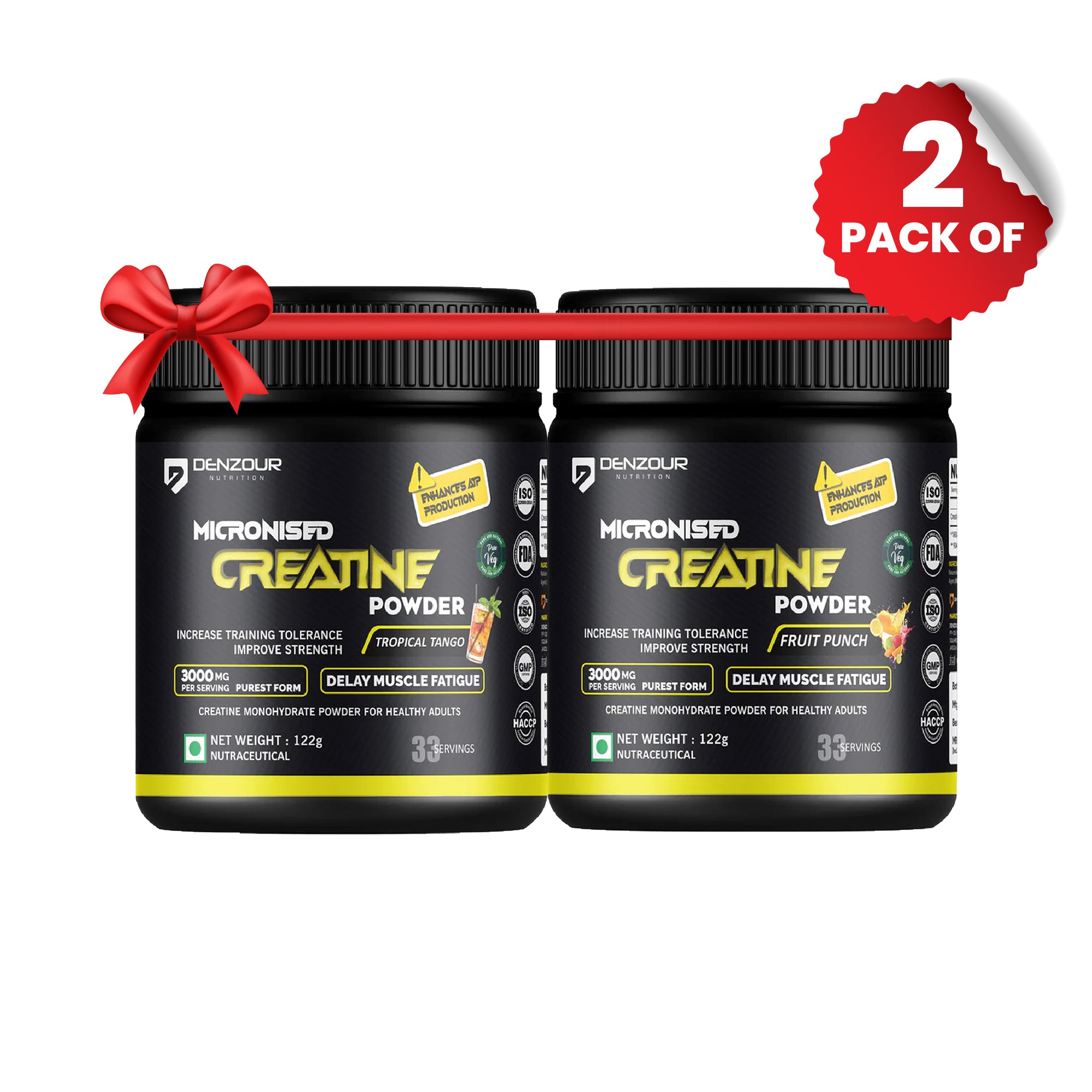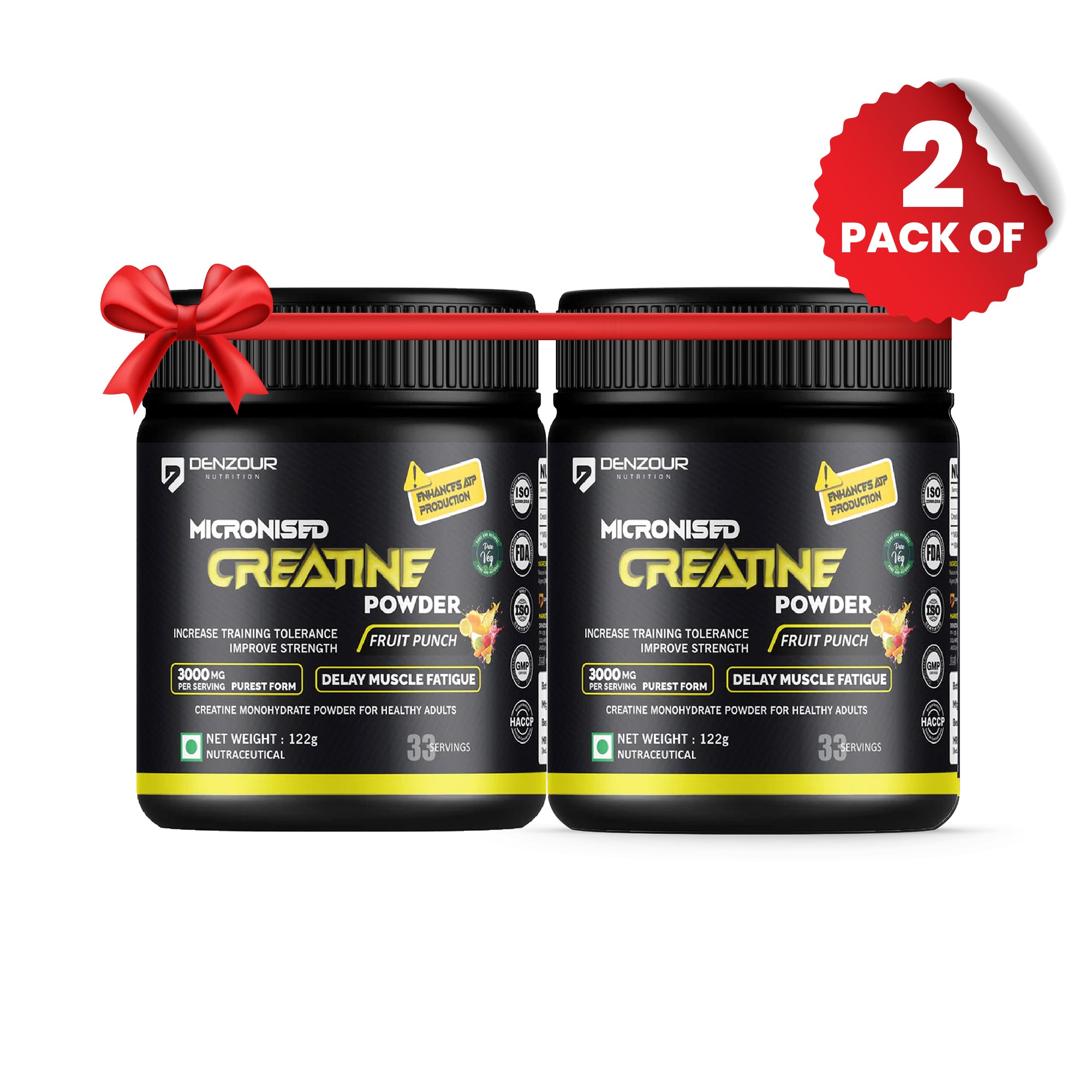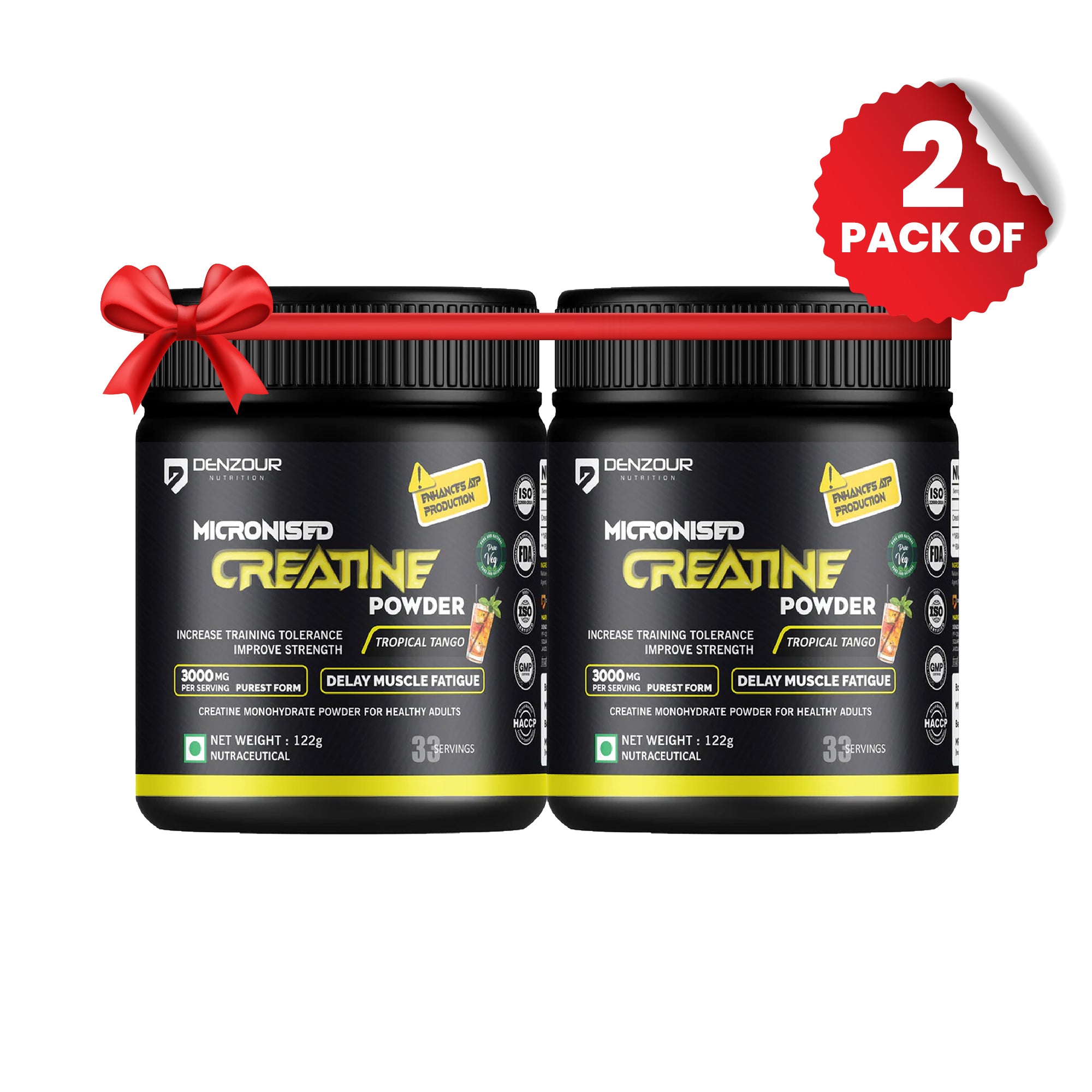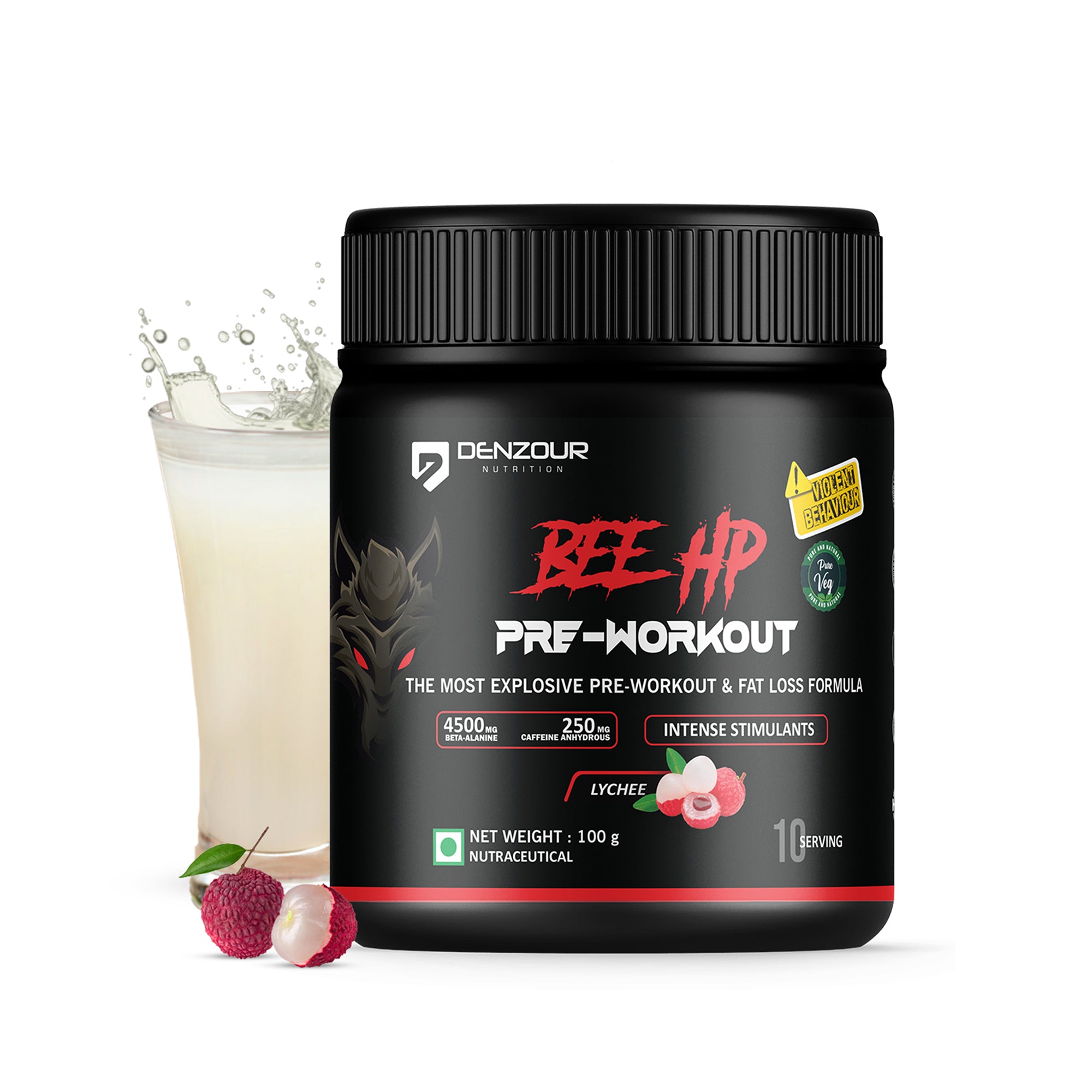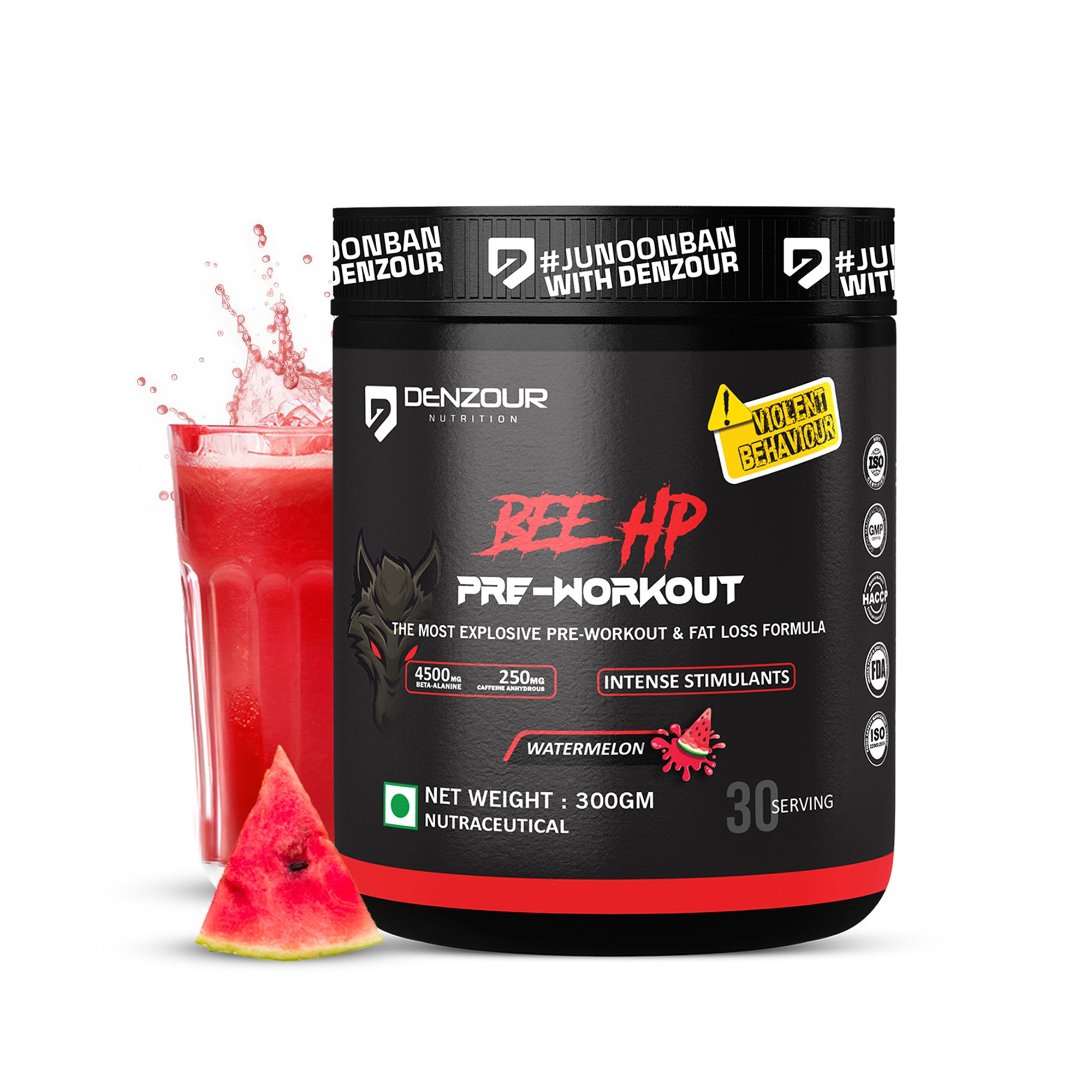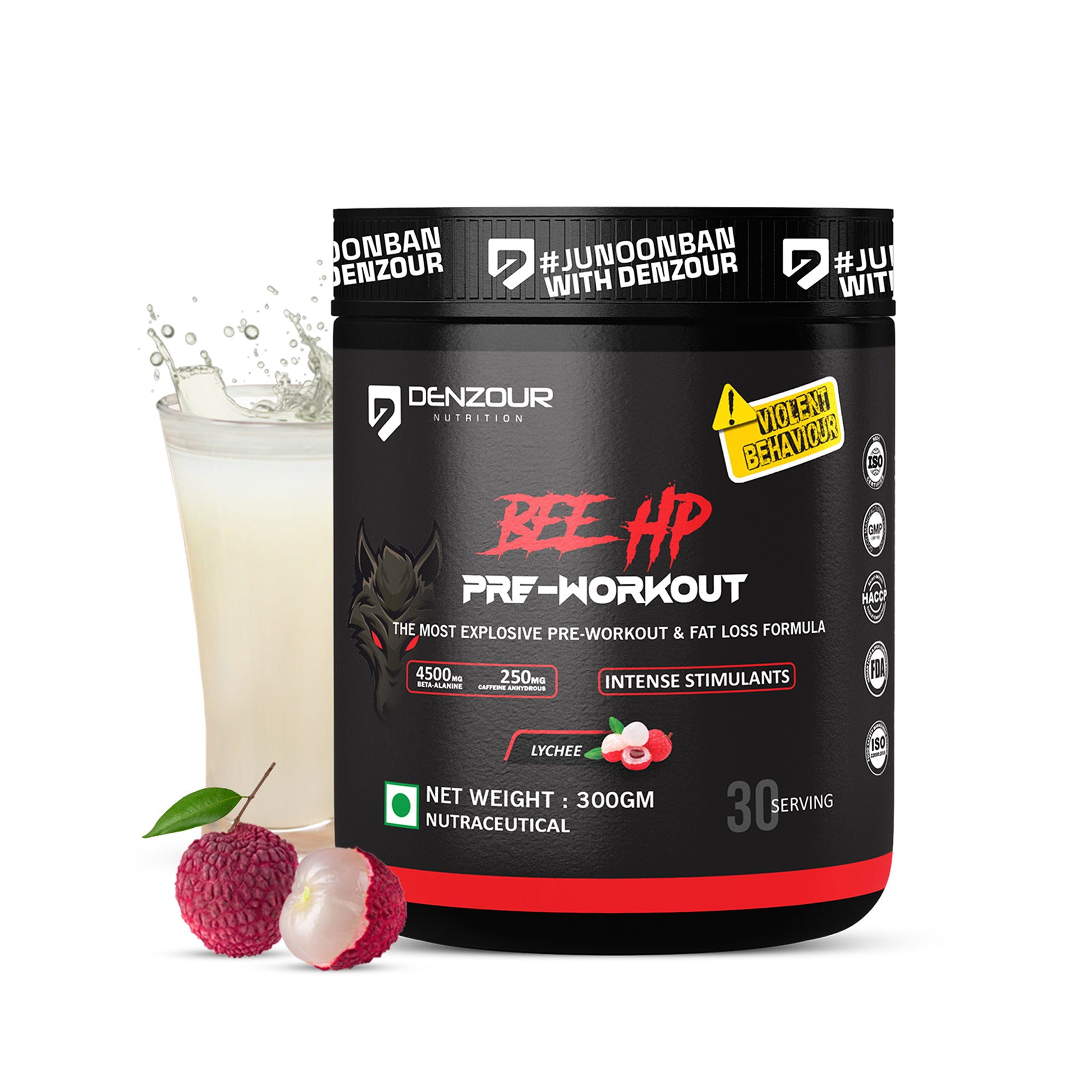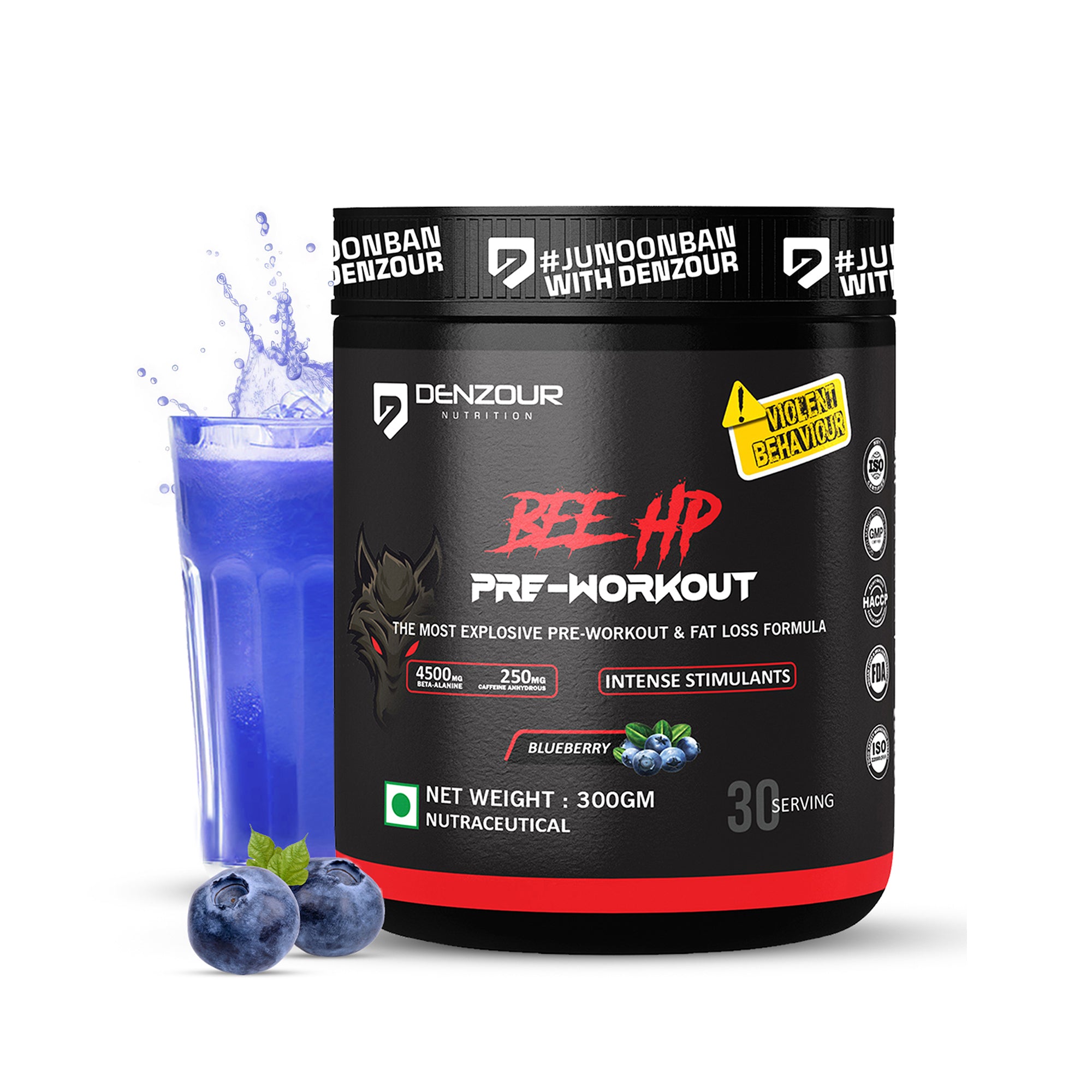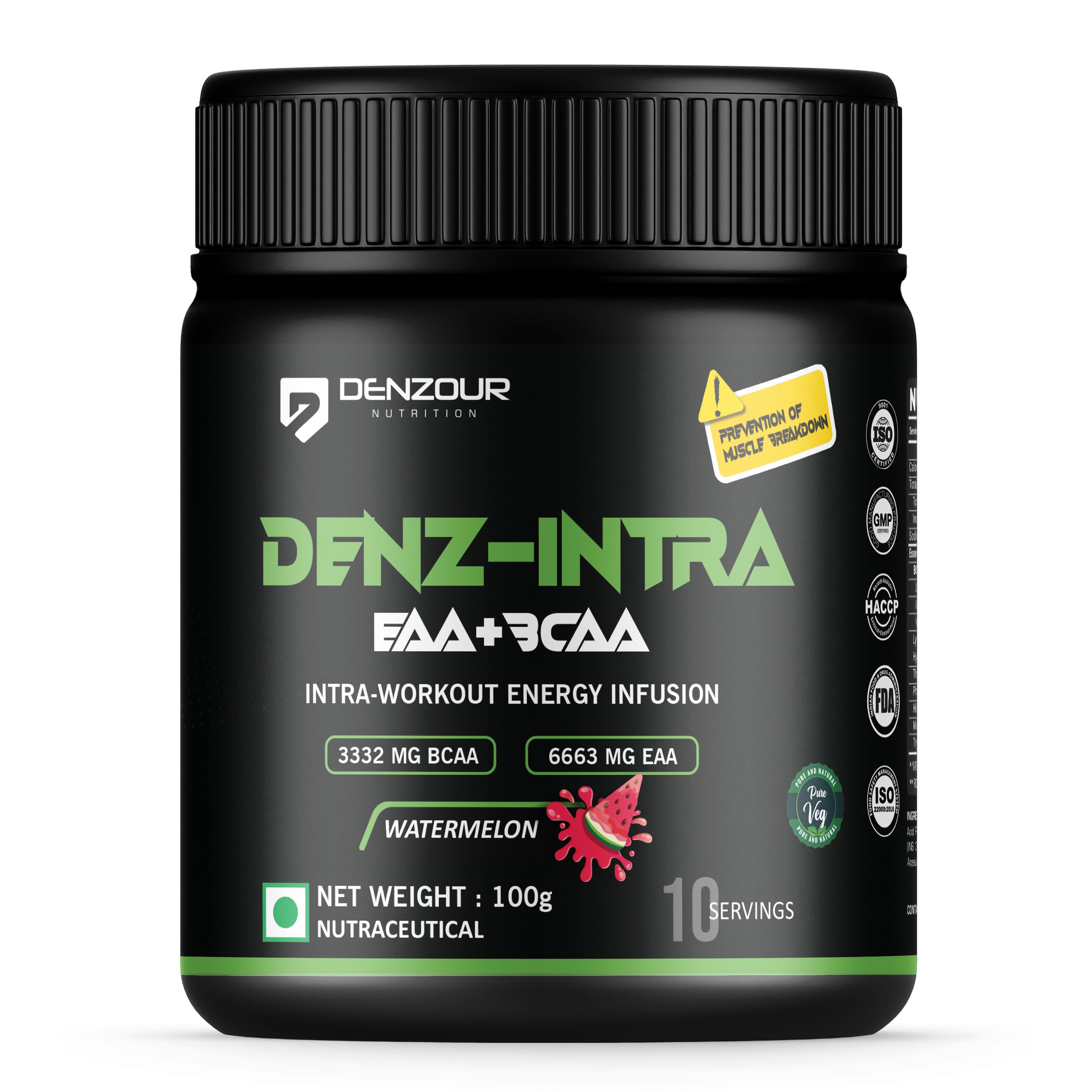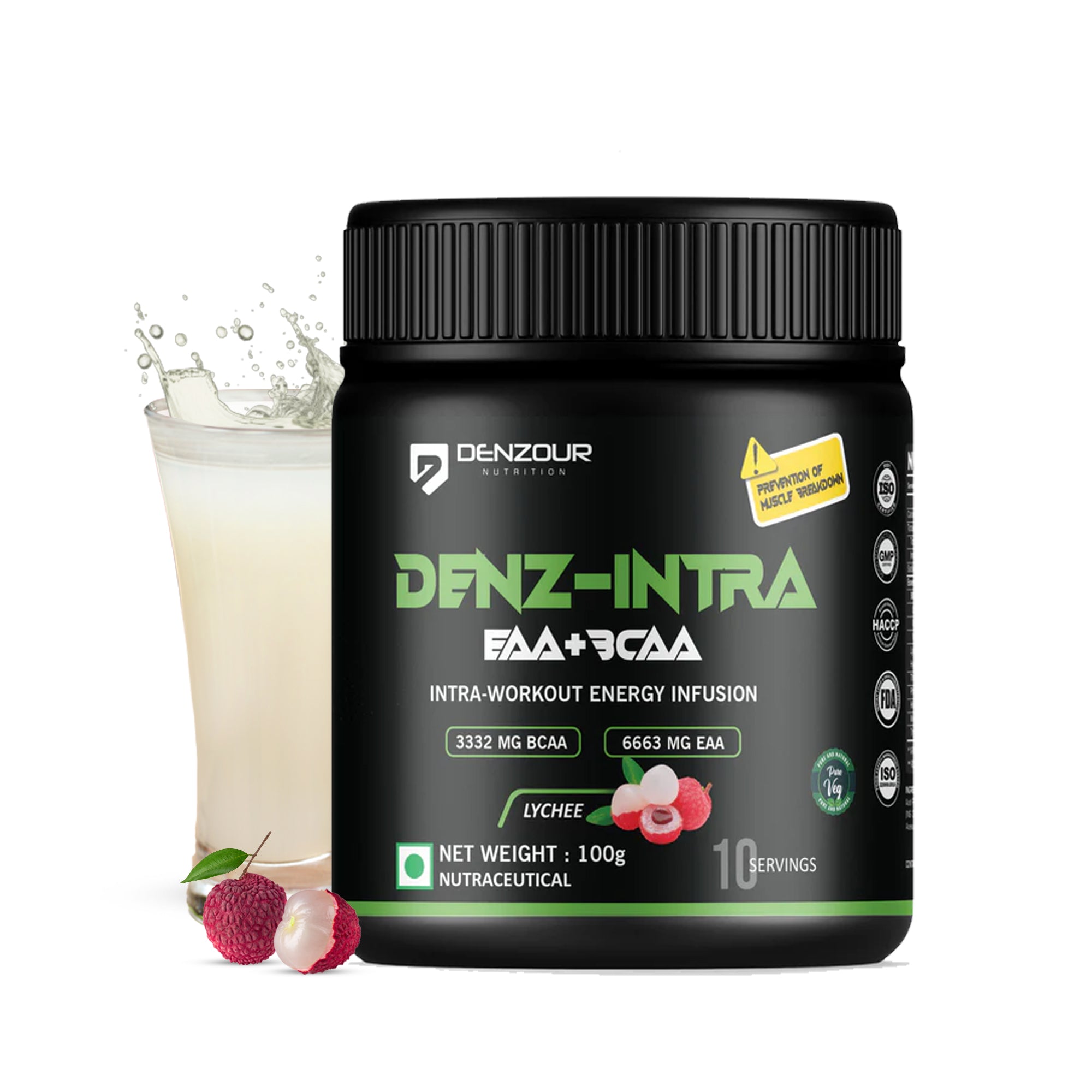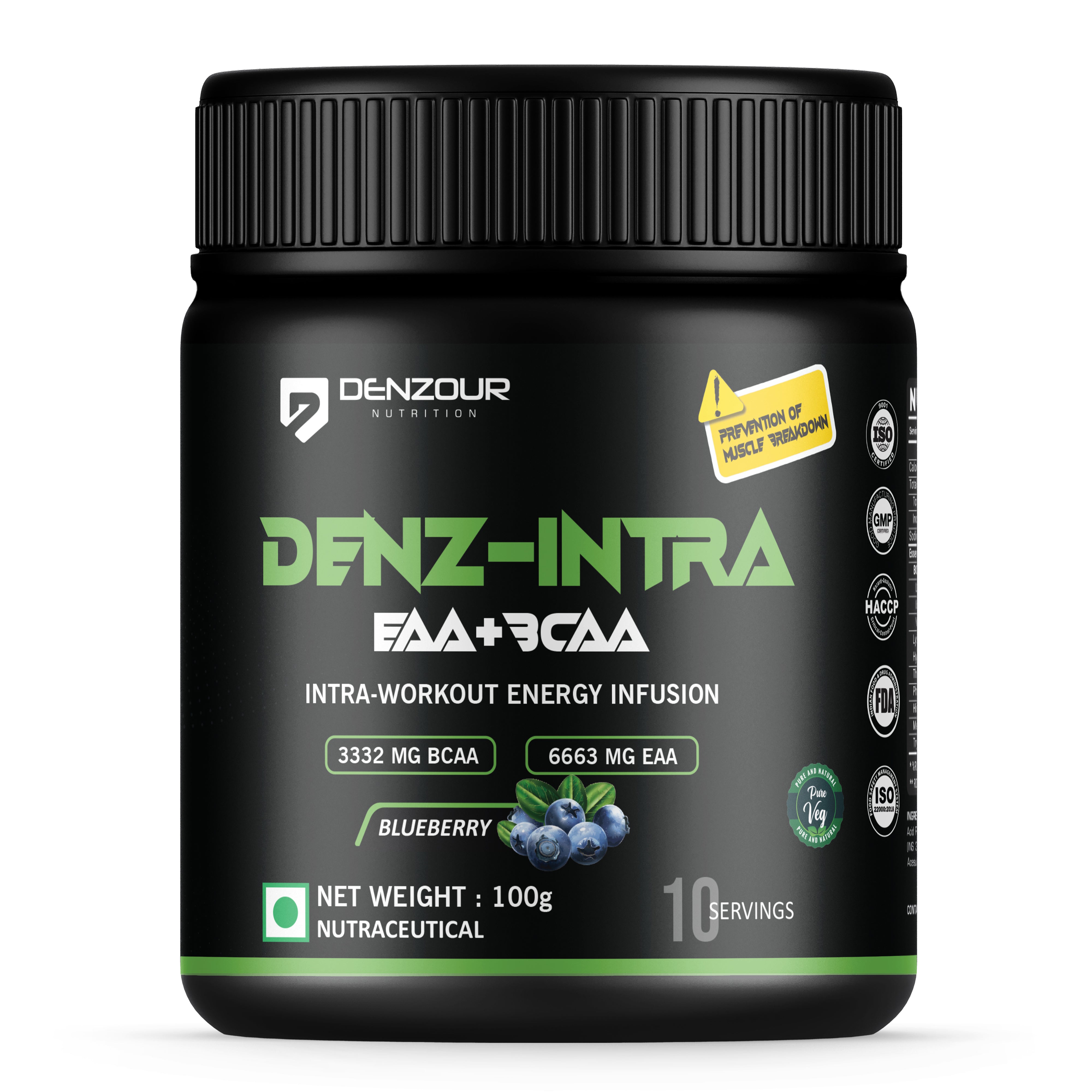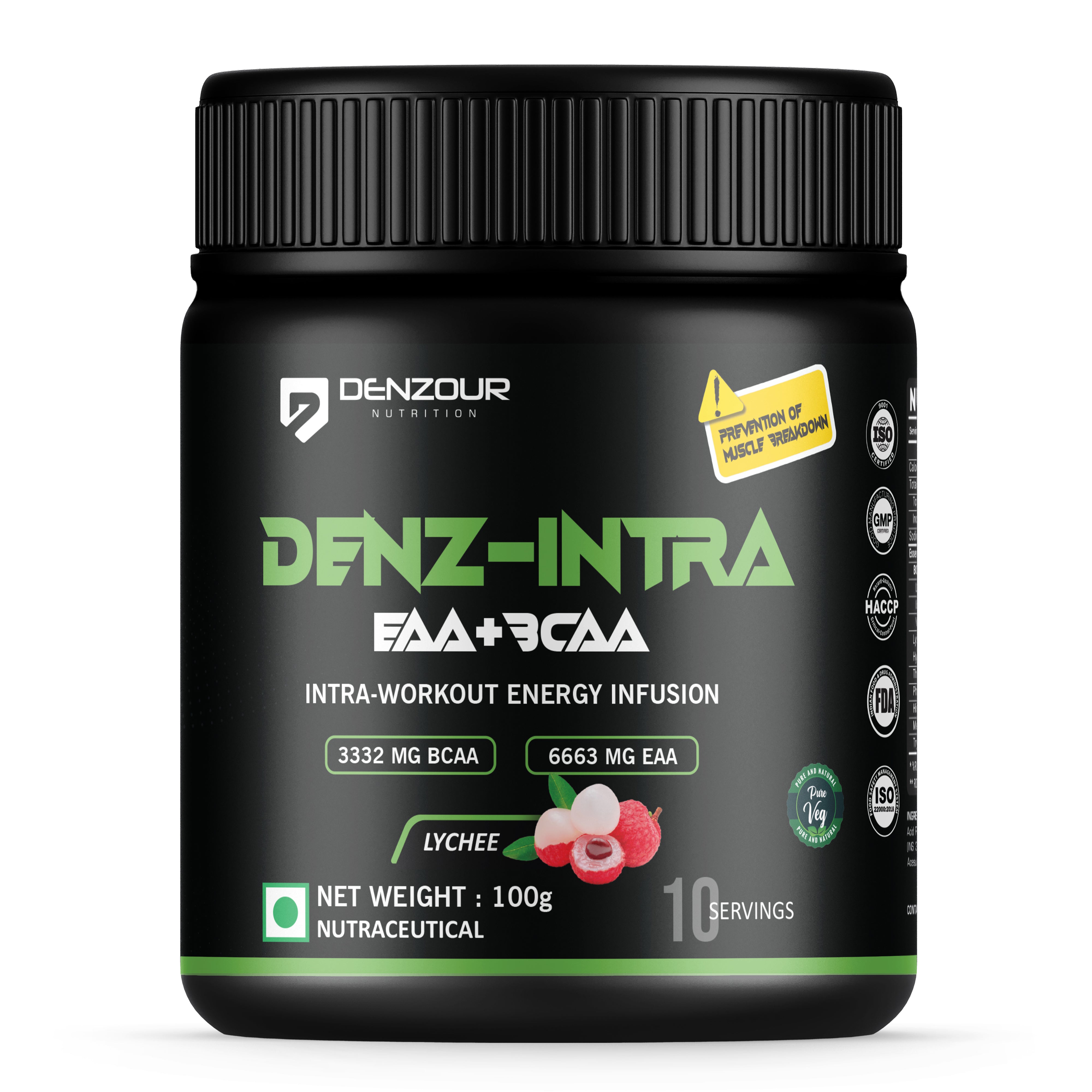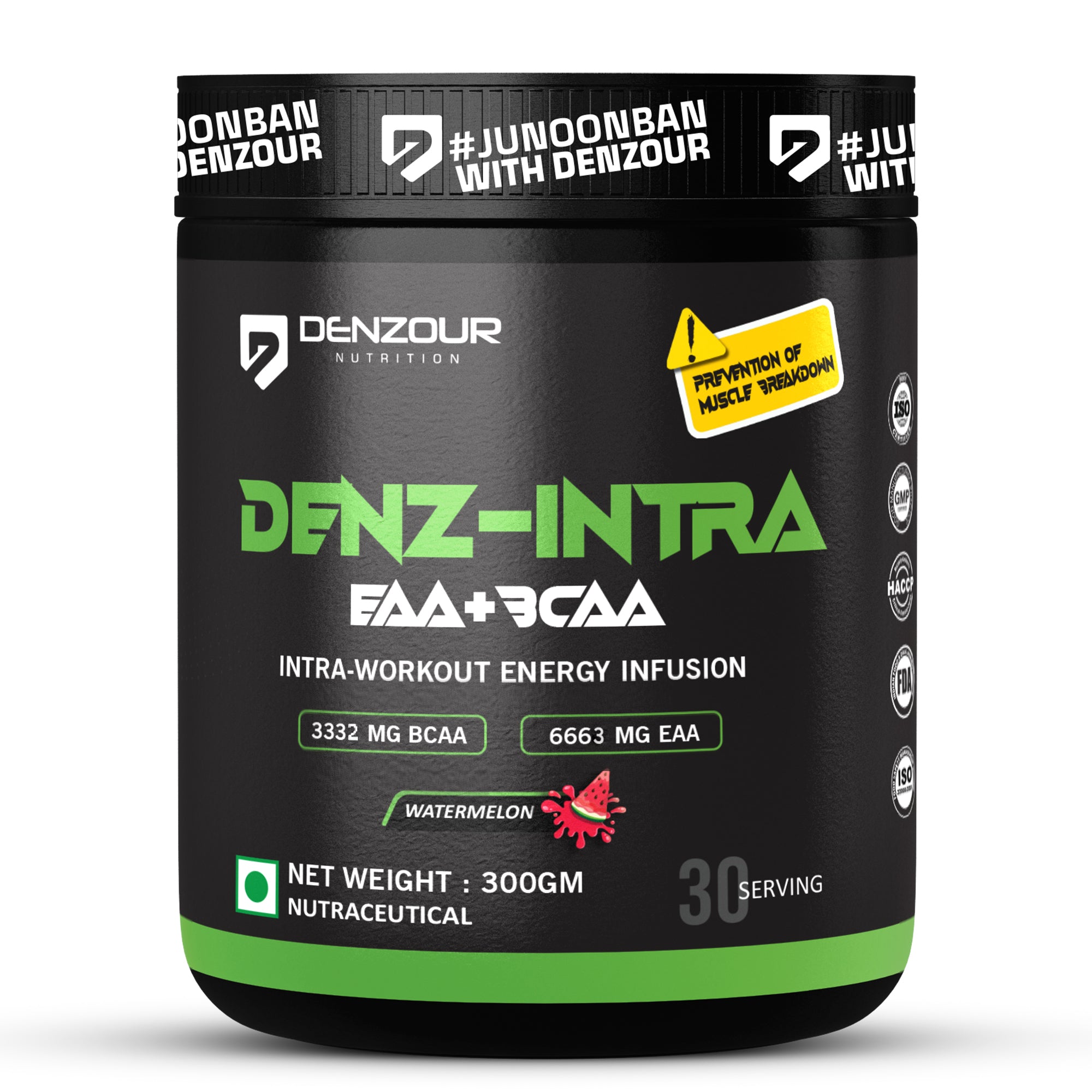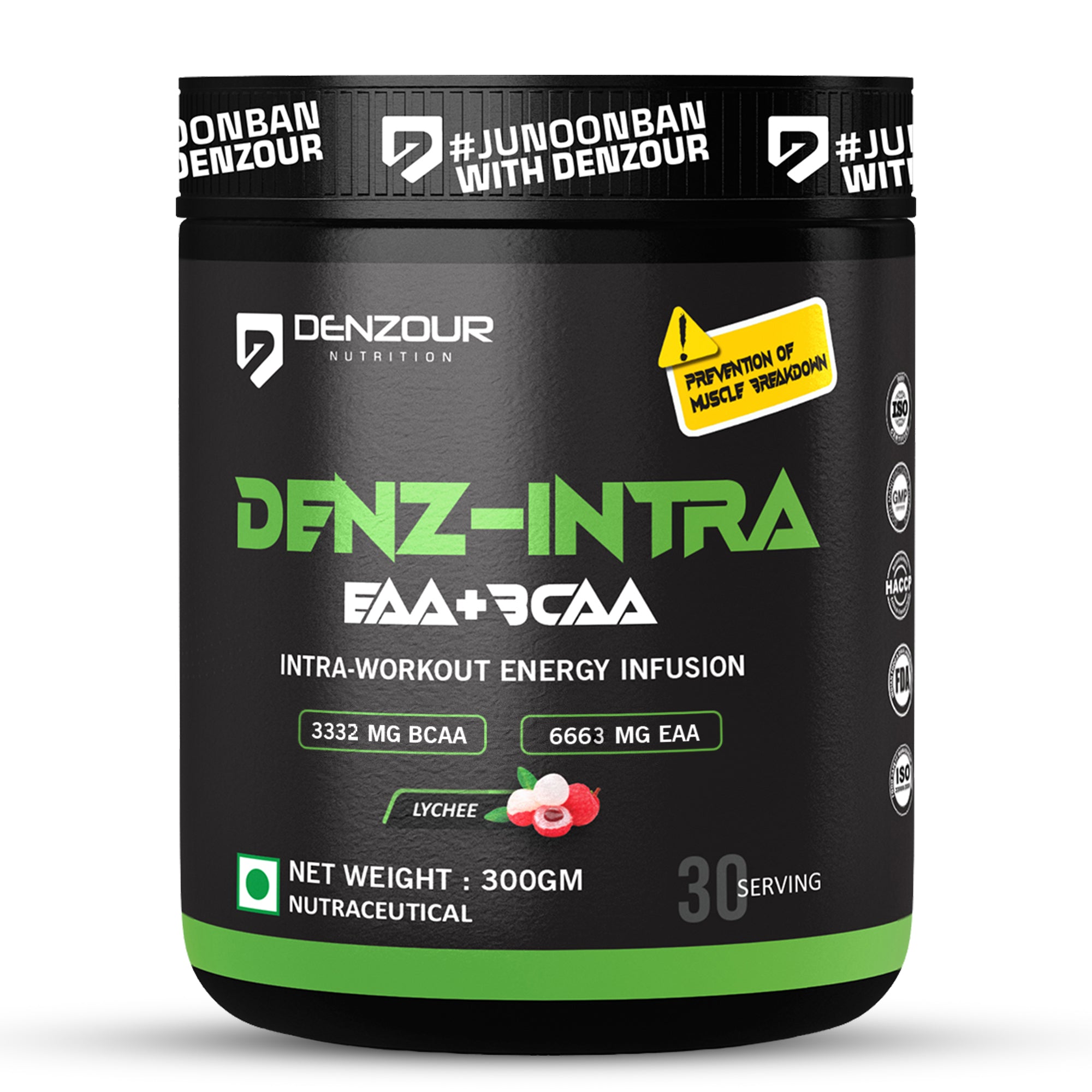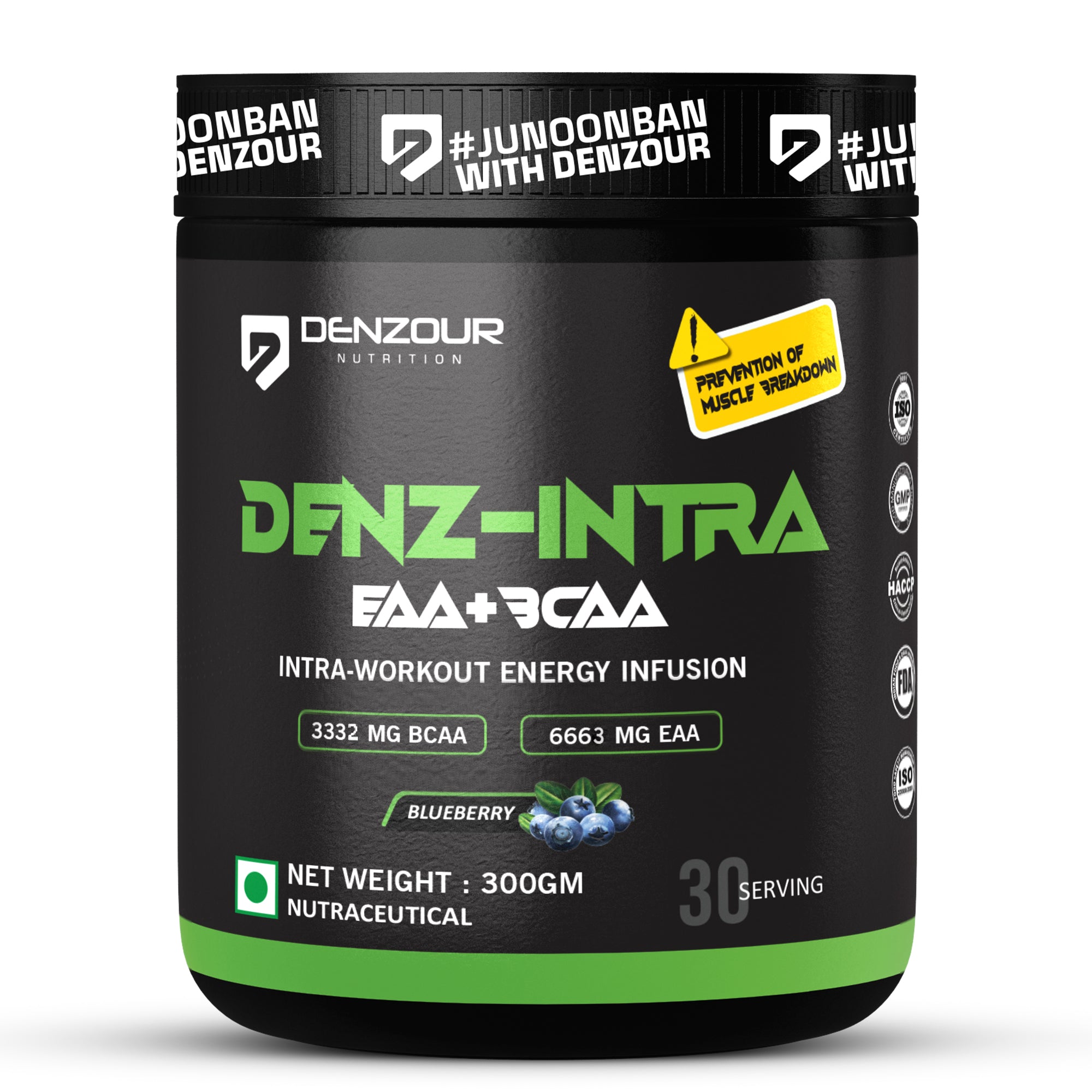Few nutrients are as important as protein. Not getting enough of it will affect your health and body composition.
However, opinions regarding how much protein you need vary.
Most official nutritional organizations recommend a fairly modest protein intake.
The DRI (Dietary Reference Intake) is 0.36 grams of protein per pound (0.8 grams per kg) of body weight.
This amounts to:
- 56 grams per day for the average sedentary man
- 46 grams per day for the average sedentary woman
This may be enough to prevent deficiency, but the amount you need depends on many factors, including your activity level, age, muscle mass, physique goals, and overall health.
This article examines the optimal amounts of protein and how lifestyle factors like weight loss, muscle building, and activity levels factor in.
What is protein, and why is it important?
Proteins are the main building blocks of your body. They’re used to make muscles, tendons, organs, and skin, as well as enzymes, hormones, neurotransmitters, and various molecules that serve many important functions.
Proteins consist of smaller molecules called amino acids, which link together like beads on a string. These linked amino acids form long protein chains, which then fold into complex shapes.
Your body produces some of these amino acids, but you must obtain others known as essential amino acids via your diet.
Protein is not only about quantity but also quality.
Generally, animal protein provides all essential amino acids in the right ratio for you to make full use of them. This makes sense, as animal tissues are similar to your own tissues.
If you’re eating animal products like meat, fish, eggs, or dairy every day, you’re likely getting enough protein.
However, if you don’t eat animal foods, getting all the protein and essential amino acids your body needs can be more challenging. If you’re following a plant-based diet, you may be interested in this article on the 17 best protein sources for vegans.
Few people need to supplement with protein, but doing so can be useful for athletes and bodybuilders.
SUMMARY
Protein is a structural molecule comprising amino acids, many of which your body can’t produce on its own. Animal foods are usually high in protein, providing all essential amino acids.
Can aid weight loss and prevent weight gain
Protein is important when it comes to losing weight.
As you may know, you need to consume fewer calories than you burn to lose weight.
Evidence suggests that eating protein can increase the number of calories you burn by boosting your metabolic rate (calories out) and reducing your appetite (calories in) .
Consuming 25–30% of your total daily calories from protein has been shown to boost metabolism by up to 80–100 calories per day, compared with lower protein diets .
Yet, protein’s most important contribution to weight loss is likely its ability to reduce appetite, leading to a reduction in calorie intake. Protein is better than fat or carbs at keeping you feeling full .
In one study in men with obesity, consuming 25% of calories from protein increased feelings of fullness, as well as reduced late-night snacking desires and obsessive thoughts about food by 50% and 60%, respectively .
In another 12-week study, women who increased their protein intake to 30% of calories ate 441 fewer calories per day and lost 11 pounds (5 kg) by simply adding more protein to their diet .
Plus, protein does more than aid weight loss — it can likewise prevent weight gain.
In one study, a modest increase in protein from 15% to 18% of calories reduced the amount of fat people regained after weight loss by 50% .
A high protein intake also helps you build and preserve muscle mass, which burns a small number of calories around the clock.
Eating more protein makes it much easier to stick to any weight loss diet — be it high carb, low carb, or something in between.
According to the previously mentioned studies, a protein intake of around 30% of calories may be optimal for weight loss. This amounts to 150 grams per day for someone on a 2,000-calorie diet.
You can calculate it by multiplying your calorie intake by 0.075.
SUMMARY
A protein intake at around 30% of calories seems to be optimal for weight loss. It boosts your metabolic rate and causes a spontaneous reduction in calorie intake.
Can help you gain muscle and strength
Muscles are largely made of protein.
As with most body tissues, muscles are dynamic and constantly being broken down and rebuilt.
To gain muscle, your body must synthesize more muscle protein than it breaks down.
In other words, there needs to be a net positive protein balance in your body — often called nitrogen balance, as protein is high in nitrogen.
As such, people who want to build muscle often eat more protein, as well as exercise. A higher protein intake can help build muscle and strength .
Meanwhile, those who want to maintain the muscle they’ve built may need to increase their protein intake when losing body fat, as a high protein intake can help prevent the muscle loss that usually occurs when dieting .
When it comes to muscle mass, studies usually don’t look at the percentage of calories coming from protein but rather the daily grams of protein per kilograms or pounds of body weight.
A common recommendation for gaining muscle is 1 gram of protein per pound (2.2 grams per kg) of body weight.
Other scientists have estimated protein needs to be a minimum of 0.7 grams per pound (1.6 grams per kg) of body weight (13 Trusted Source).
Numerous studies have tried to determine the optimal amount of protein for muscle gain, but many have reached varying conclusions.
Some studies show that consuming more than 0.8 grams per pound (1.8 grams per kg) has no benefit, while others indicate that intakes slightly higher than 1 gram of protein per pound (2.2 grams per kg) are best (14 Trusted Source, 15 Trusted Source).
Though it’s hard to give exact figures due to conflicting study results, about 0.7–1 gram per pound (1.6–2.2 grams per kg) of body weight seems to be a reasonable estimate.
If you’re carrying a lot of body fat, using either your lean mass or goal weight — instead of your total body weight — is a good idea, as it’s mostly your lean mass that determines the amount of protein you need.
SUMMARY
It’s important to eat enough protein if you want to gain and/or maintain muscle. Most studies suggest that 0.7–1 gram per pound (1.6–2.2 grams per kg) of lean mass are sufficient.
Protein in pregnancy
During pregnancy, the body needs more protein for tissue development and growth. Protein benefits both the mother and baby.
The authors of one study suggest that people consume 0.55–0.69 grams per pound (1.2–1.52 grams per kg) of protein daily during pregnancy .
Elsewhere, experts recommend consuming an extra 0.55 grams per pound (1.1 grams per kg) of protein per day during pregnancy .
The recommended daily allowance for protein during breastfeeding is 0.59 grams per pound (1.3 grams per kg) per day, plus 25 additional grams .
Dietary sources are the ideal way to obtain any nutrient. Good sources include:
- beans, peas, and lentils
- eggs
- lean meat
- dairy products
- nuts and seeds
- tofu
Fish and seafood are also good sources. During pregnancy and lactation, choose fish that are low in mercury and high in omega-3 fatty acids, such as salmon, sardines, and anchovies.
However, take care to avoid those that may be high in mercury, such as shark, swordfish, tilefish, and king mackerel (19 Trusted Source, 20 Trusted Source).
Ideally, you should get all your protein from food sources. In some cases, your healthcare provider may recommend supplements. However, there are no guidelines for supplementing with protein during pregnancy.
Other circumstances that can increase protein needs
Regardless of muscle mass and physique goals, those who are physically active need more protein than those who are sedentary.
If your job is physically demanding or you walk a lot, run, swim, or do any sort of exercise, you need to eat more protein.
Endurance athletes also need significant amounts of protein — about 0.5–0.65 grams per pound (1.2–1.4 grams per kg) of body weight (21 Trusted Source, 22 Trusted Source).
Older adults have significantly increased protein needs as well — up to 50% higher than the DRI, or about 0.45–0.6 grams per pound (1–1.3 grams per kg) of body weight (23 Trusted Source, 24 Trusted Source).
This can help prevent osteoporosis and sarcopenia, both of which are significant problems among older adults.
People recovering from injuries may likewise need more protein (25 Trusted Source).
SUMMARY
People who are physically active, as well as older adults and those recovering from injuries, have significantly increased protein requirements.
Does protein have any negative health effects?
Protein has been unfairly blamed for a number of health problems.
Some people believe that a high protein diet can cause kidney damage and osteoporosis, but science does not support these claims.
Though protein restriction is helpful for people with preexisting kidney problems, there’s no evidence that protein can cause kidney damage in healthy people (26 Trusted Source, 27 Trusted Source).
In fact, a higher protein intake may lower blood pressure and help fight diabetes, which are two of the main risk factors for kidney disease (28 Trusted Source, 29 Trusted Source).
Any assumed detrimental effects of protein on kidney function are outweighed by its positive effects on these risk factors.
Some people have claimed that too much protein can lead to osteoporosis, but research shows that it can prevent this condition (30 Trusted Source, 31 Trusted Source).
Overall, there’s no evidence that a reasonably high protein intake has any adverse effects in healthy people trying to optimize their health.
SUMMARY
Protein does not have any negative effects on kidney function in healthy people, and studies show that it leads to improved bone health.
How to get enough protein in your diet
The best sources of protein are meats, fish, eggs, and dairy products, as they have all the essential amino acids that your body needs.
Some plants are fairly high in protein as well, such as quinoa, legumes, and nuts.
However, most people generally don’t need to track their protein intake.
If you’re healthy and trying to stay that way, simply eating quality protein sources with most of your meals, along with nutritious plant foods, should bring your intake to an optimal range.
What “grams of protein” really means
This is a very common area of misunderstanding.
In nutrition science, “grams of protein” refers to the number of grams of the macronutrient protein, not the number of grams of a protein-containing food like meat or eggs.
An 8-ounce serving of beef weighs 226 grams but only contains 61 grams of protein. Similarly, a large egg weighs 46 grams but only packs 6 grams of protein.
What about the average person?
If you’re at a healthy weight, don’t lift weights, and don’t exercise much, aiming for 0.36–0.6 grams per pound (0.8–1.3 gram per kg) is a reasonable estimate.
This amounts to:
- 56–91 grams per day for the average male
- 46–75 grams per day for the average female
Still, given that there’s no evidence of harm and significant evidence of benefit, it’s likely better for most people to err on the side of consuming more protein rather than less.
Start a custom weight loss program
Noom helps you adopt healthy habits so you can lose weight and keep it off. Your program is customized to your goals and fitness needs. Just take a quick assessment and get started today.
A High-Protein Diet Plan to Lose Weight and Improve Health
Protein is incredibly important for good health.
It’s a nutrient that must be consumed every day to meet your body’s needs.
The Dietary Reference Intake (DRI) for protein is 0.36 grams per pound of body weight, or 0.8 grams per kilogram.
However, a lot of evidence supports a higher protein intake for weight loss and other health benefits.
This article takes a detailed look at protein’s beneficial effects and provides guidance for achieving the best results on a high-protein diet.
What Is Protein and Why Is It Important?
Protein is one of the three macronutrients, along with carbs and fat.
In your body, it performs the following roles:
- Repair and maintenance: Protein is the main component of your muscles, bones, skin and hair. These tissues are continuously repaired and replaced with new protein.
- Hormones: Chemical messenger proteins allow cells and organs in your body to communicate with each other.
- Enzymes: Most enzymes are proteins, and the thousands of chemical reactions that take place throughout your body are driven by them.
- Transportation and storage: Some proteins help deliver important molecules where they’re needed. For example, the protein hemoglobin carries oxygen to your body’s cells.
Protein is made up of smaller units known as amino acids.
Of the 22 amino acids, 9 are considered “essential,” meaning they must be consumed in food because your body can’t make them.
Importantly, some foods provide better protein than others based on their amino acid profile.
Generally speaking, animal products are considered “complete protein” because they contain all the essential amino acids in the optimal amounts that your body needs. These include eggs, dairy, meat, fish and poultry.
Vegetable proteins don’t provide adequate amounts of every essential amino acid but can be combined with other plant sources to make complete protein. Beans, legumes, grains, soy, nuts and seeds are examples of high-protein plant foods.
Although protein quality is important, the amount of protein you consume is key.
Many researchers believe that the current protein recommendations may be too low to stay truly healthy in the long term (1 Trusted Source).
SUMMARY:
Protein serves a number of important functions in your body. It is made up of individual amino acids, including many that your body cannot create on its own.
Protein’s Effects on Weight Loss
Research suggests that increasing your protein intake may have impressive effects on your appetite, metabolic rate, weight and body composition.
Appetite and Fullness
Eating more protein may help suppress your hunger and appetite for hours after eating.
Protein increases production of hormones like PYY and GLP-1, both of which help you feel full and satisfied. In addition, it helps reduce levels of ghrelin, also known as the “hunger hormone” (2 Trusted Source, 3, 4 Trusted Source, 5 Trusted Source, 6 Trusted Source).
In a controlled study of 12 healthy women, the group that consumed a high-protein diet experienced higher GLP-1 levels, greater feelings of fullness and less hunger than the group that ate a lower-protein diet (6 Trusted Source).
Due to these effects on appetite and fullness, a higher protein intake typically leads to a natural reduction in food intake.
In another study, when 19 healthy young adults were allowed to eat as much as they wanted on a diet consisting of 30% protein, they consumed an average of 441 fewer calories per day than when they followed a diet consisting of 10% protein (7 Trusted Source).
Interestingly, another reason protein is so satisfying seems to be related to the significant increase in metabolic rate that occurs during its digestion (8 Trusted Source).
Metabolic Rate
A higher protein intake may increase the number of calories you burn.
Protein digestion appears to boost metabolic rate by an impressive 20–35%, compared to a 5–15% increase for digesting carbs or fat (9 Trusted Source).
In fact, several studies have found that when people eat diets high in protein, they end up burning more calories for several hours after eating (8 Trusted Source, 10 Trusted Source, 11 Trusted Source, 12 Trusted Source, 13 Trusted Source).
In a study of 10 healthy young women, consuming a high-protein diet for one day was shown to increase metabolic rate after meals nearly twice as much as eating a high-carb diet for one day (13 Trusted Source).
Weight Loss and Body Composition
Not surprisingly, protein’s ability to suppress appetite, promote fullness and increase metabolism can help you lose weight.
Several high-quality studies have found that increasing protein intake promotes weight and fat loss (14 Trusted Source, 15 Trusted Source, 16 Trusted Source, 17 Trusted Source, 18 Trusted Source).
In a six-month diet study including 65 overweight and obese women, the high-protein group lost an average of 43% more fat than the high-carb group. What’s more, 35% of women in the high-protein group lost at least 22 pounds (10 kg) (16Trusted Source).
Typically, when you reduce your calorie intake, your metabolism slows down. This is partly due to muscle loss.
However, research suggests that a higher protein intake can help protect against muscle loss and keep your metabolic rate up (15 Trusted Source, 17 Trusted Source, 19 Trusted Source).
In one large review of 24 studies that included over 1,000 people, high-protein diets were found to be more effective than standard-protein diets for losing weight, preserving muscle mass and preventing metabolic slowdown during weight loss (15 Trusted Source).
Importantly, standard or high-protein diets can be effective for everyone.
But interestingly, one European study concluded that based on different gene types, high-protein diets would be especially effective for weight loss and maintenance in 67% of the population (14 Trusted Source).
SUMMARY:
The ability of high-protein diets to decrease hunger, increase feelings of fullness, boost metabolic rate and protect muscle makes them effective for losing weight and improving body composition.
Other Beneficial Effects of Protein
In addition to its favorable effects on weight, protein may help improve health in several other ways:
- Increase muscle mass: Studies have shown a higher protein intake can increase muscle size and strength when combined with resistance training (20 Trusted Source, 21 Trusted Source).
- Reduce muscle loss during aging: Many people lose muscle as they age. One study found that adding a daily protein shake helped protect muscle health in healthy older men and those with age-related muscle loss (22 Trusted Source, 23 Trusted Source, 24 Trusted Source).
- Strengthen bones: Higher protein intake may promote bone health. In one study, older women with the highest intake of animal protein experienced a whopping 69% reduced risk of hip fracture (25 Trusted Source, 26 Trusted Source, 27 Trusted Source, 28 Trusted Source).
-
Improve wound healing: Studies have shown that high-protein diets can enhance the healing of wounds related to surgery or injury, including bedsores (29 Trusted Source,
30 Trusted Source, 31 Trusted Source).
SUMMARY:
Research suggests a high protein intake can help build muscle, protect against bone and muscle loss during aging and improve wound healing.
HEALTHLINE QUIZ
Take our free 3-question diet quiz
Our free assessment ranks the best diets for you based on your answers to 3 quick questions.
FIND YOUR DIETS
How Much Protein Should You Eat Every Day?
The optimal amount of protein to consume per day is somewhat controversial.
Based on the DRI of 0.36 grams of protein per pound of body weight, or 0.8 grams per kilogram, a 150-pound (68-kg) person would need about 54 grams per day.
While this may be enough to prevent outright protein deficiency, many experts believe this is too low for optimal health, including maintaining muscle mass (1 Trusted Source, 32 Trusted Source).
In fact, studies have shown that older adults, in particular, require more protein than the DRI, concluding that 0.6 grams of protein per pound, or 1.3 grams per kilogram, may help prevent age-related muscle loss (33 Trusted Source, 34 Trusted Source).
Furthermore, diets providing up to double the DRI at 0.75 grams of protein per pound, or 1.6 grams per kilogram, have been found to boost weight and fat loss, improve body composition and protect muscle during weight loss (1 Trusted Source, 17 Trusted Source, 18 Trusted Source, 19 Trusted Source, 35 Trusted Source).
However, increasing your protein intake beyond this amount doesn’t seem to provide additional benefits.
One study showed men who consumed 0.75 grams of protein per pound, or 1.6 grams per kilogram, lost slightly more fat and had similar gains in muscle, compared to the group that consumed 1.1 grams per pound, or 2.4 grams per kilogram (18Trusted Source).
A high-protein diet for weight loss and overall health should provide about 0.6–0.75 grams of protein per pound of body weight, or 1.2–1.6 grams per kilogram, and 20–30% of your calories per day.
For the 150-pound (68-kg) person, this provides a broad range of about 82–110 grams of protein daily, depending on calorie intake.
Moreover, it’s important to spread your protein intake evenly throughout the day, rather than consuming most of it at one meal. This allows your body to use protein most efficiently (32Trusted Source).
SUMMARY:
Daily intake of 0.6–0.75 grams of protein per pound of body weight, or 1.2–1.6 grams per kilogram, may promote fat loss and protect against the loss of muscle mass during weight loss and aging.
How to Follow a High-Protein Diet
A high-protein diet is easy to follow and can be customized according to your own food preferences and health-related goals.
For instance, you may want to follow a low-carb, high-protein diet to keep your blood sugar under control.
If you avoid milk products, you can follow a dairy-free diet that is rich in protein.
Even a vegetarian diet can be high in protein if it includes eggs or dairy and plenty of legumes and other plant proteins.
Here are a few basic guidelines for following a high-protein diet:
- Keep a food diary: Start a food diary using an app or website that provides protein values for thousands of foods and allows you to set your own calorie and macronutrient goals.
- Calculate protein needs: To calculate your protein needs, multiply your weight in pounds by 0.6–0.75 grams, or your weight in kilograms by 1.2–1.6 grams.
- Eat at least 25–30 grams of protein at meals: Research has shown that consuming a minimum of 25 grams of protein at meals may promote weight loss, muscle maintenance and better overall health (35 Trusted Source).
- Include both animal and plant proteins in your diet: Eating a combination of both types helps make your diet more nutritious overall.
- Choose high-quality protein sources: Focus on fresh meats, eggs, dairy and other proteins, rather than processed meats like bacon and lunch meats.
- Consume well-balanced meals: Balance high-protein foods with vegetables, fruits and other plant foods at every meal.
Lastly, this list of 20 delicious high-protein foods can help get you started.
SUMMARY:
Calculating your protein needs, tracking your intake in a food diary and planning well-balanced meals will help you get the best results on a high-protein diet.
Sample High-Protein Meal Plan
The sample below provides about 100 grams of protein per day. However, you can adjust the portions to meet your needs.
Monday
- Breakfast: 3 eggs, 1 slice whole grain toast with 1 tablespoon almond butter and a pear.
- Lunch: Fresh Avocado and Cottage Cheese Salad and an orange.
- Dinner: 6 ounces (170 g) steak, sweet potato and grilled zucchini.
Tuesday
- Breakfast: Smoothie made with 1 scoop protein powder, 1 cup coconut milk and strawberries.
- Lunch: 4 ounces (114 g) canned salmon, mixed greens, olive oil and vinegar and an apple.
- Dinner: 4 ounces (114 g) grilled chicken with quinoa and Brussels sprouts.
Wednesday
- Breakfast: Oatmeal and one cup plain Greek yogurt with 1/4 cup chopped pecans.
- Lunch: 4 ounces (114 g) chicken mixed with avocado and red bell pepper and a peach.
- Dinner: All Meat Veggie Chili and brown rice.
Thursday
- Breakfast: Spanish omelet made with 3 eggs, 1 ounce cheese, chili peppers, black olives and salsa and an orange.
- Lunch: Leftover All Meat Veggie Chili and brown rice.
- Dinner: 4 ounces (114 g) halibut, lentils and broccoli.
Friday
- Breakfast: One cup cottage cheese with 1/4 cup chopped walnuts, diced apples and cinnamon.
- Lunch: 4 ounces (114 g) canned salmon mixed with healthy mayo on sprouted grain bread and carrot sticks.
- Dinner: Chicken Meatballs with Marinara Sauce, spaghetti squash and raspberries.
Saturday
- Breakfast: Frittata made with 3 eggs, 1 ounce cheese and 1/2 cup diced potatoes.
- Lunch: Leftover Chicken Meatballs with Marinara Sauce and spaghetti squash with an apple.
- Dinner: 3 ounces (85 g) shrimp fajitas with grilled onions and bell peppers, guacamole, 1 cup black beans on a corn tortilla.
Sunday
- Breakfast: Protein Pumpkin Pancakes topped with 1/4 cup chopped pecans.
- Lunch: One cup plain Greek yogurt mixed with 1/4 cup chopped mixed nuts and pineapple.
- Dinner: 6 ounces (170 g) grilled salmon, potatoes and sautéed spinach.
SUMMARY:
Meals on a high-protein diet should include a moderate to large serving of protein balanced with healthy carb and fat sources.
Potential Adverse Effects of High-Protein Diets
High-protein diets are safe and healthy for most people.
Contrary to popular belief, higher protein intake doesn’t cause kidney problems in people with normal kidney function (36 Trusted Source, 37 Trusted Source).
What’s more, a study found that when overweight people with diabetes and early-stage kidney disease consumed a weight loss diet consisting of 30% protein for 12 months, their kidney function didn’t worsen (38 Trusted Source).
On the other hand, people who already have moderate to advanced kidney disease typically need to reduce their protein intake in order to preserve remaining kidney function (39 Trusted Source, 40 Trusted Source).
High-protein diets may also promote kidney stones in susceptible people. One study found this was mainly true for high amounts of animal protein, rather than vegetable protein (41 Trusted Source, 42 Trusted Source).
In addition, people with liver disease or other serious health conditions should check with their doctor before beginning a high-protein diet.
SUMMARY:
High-protein diets are safe and healthy for most people, but they may cause problems in individuals with certain diseases or health conditions.
Is Too Much Protein Harmful?
The Bottom Line Protein is an important nutrient.
A higher protein intake is linked to beneficial effects on appetite, weight, body composition, aging and overall health.
To reap maximum benefits from a high-protein diet, spread your protein intake throughout the day, choose high-quality sources and balance your intake with healthy fats and carbs.
